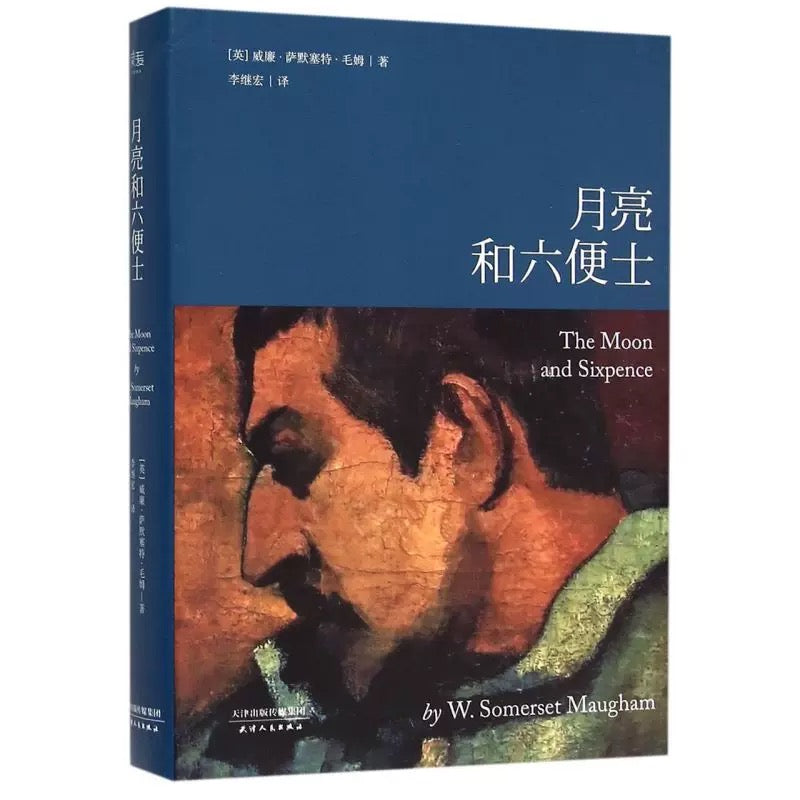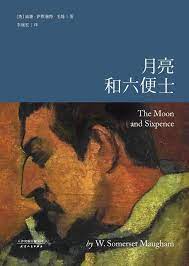WULOLIFE
《月亮和六便士》作者: [英] 威廉·萨默塞特·毛姆
《月亮和六便士》作者: [英] 威廉·萨默塞特·毛姆
Sale
Sold out
Regular price
€20,00 EUR
Regular price
Sale price
€20,00 EUR
Unit price
per
Shipping calculated at checkout.
Couldn't load pickup availability
Description
内容简介 · · · · · ·
“满地都是六便士,他却抬头看见了月亮。”
银行家查尔斯,人到中年,事业有成,为了追求内心隐秘的绘画梦想,突然抛妻别子,弃家出走。
在异国他乡,他贫病交加,对梦想却愈发坚定执着。在经历种种离奇遭遇后,他做出了让所有人震惊的决定……
人世漫长得转瞬即逝,有人见尘埃,有人见星辰。查尔斯就是那个终其一生在追逐星辰的人。
作者简介 · · · · · ·
毛姆(William Somerset Maugham,1874 -1965)
英国小说家,剧作家,被誉为“故事圣手”。
生于巴黎,十岁前父母双亡,由叔叔接回英国抚养,因身材矮小,说话结巴,总被同龄人欺凌,性格孤僻敏感。
18 years ago, 23 years ago, 23 years ago从此走上文学创作的道路。人生经历奇特,他做过助产,做过间谍,做过演员,拒绝过女人的求婚,他的求婚也被另一个女人拒绝;他自称“四分之三喜欢女人,只有四分之一喜欢男人”。
在文学界,毛姆是一个优雅、老到、冷漠的人性观察者,几乎每一个人都能在他的故事中看到自己,这也让作家。
晚年几乎获得了整个欧洲文学界的一切殊荣。91岁时,逝于法国。
经典代表作:《月亮与六便士》《人性的枷锁》。
目录 · · · · · ·
正文001
译后记273
译后记273

